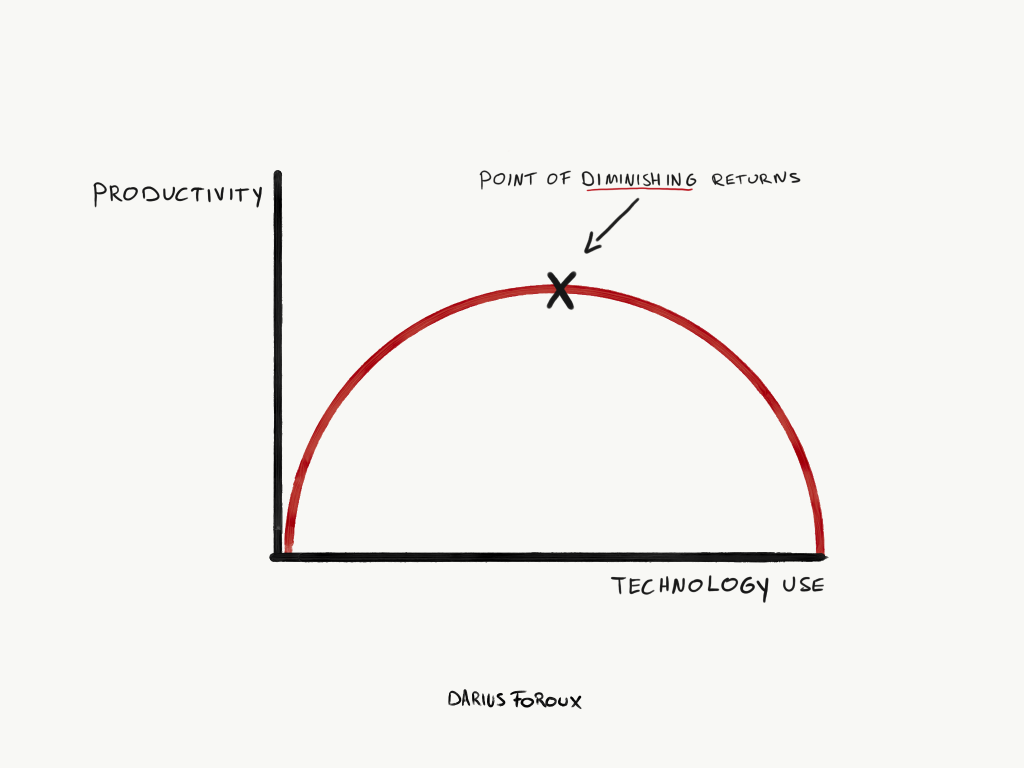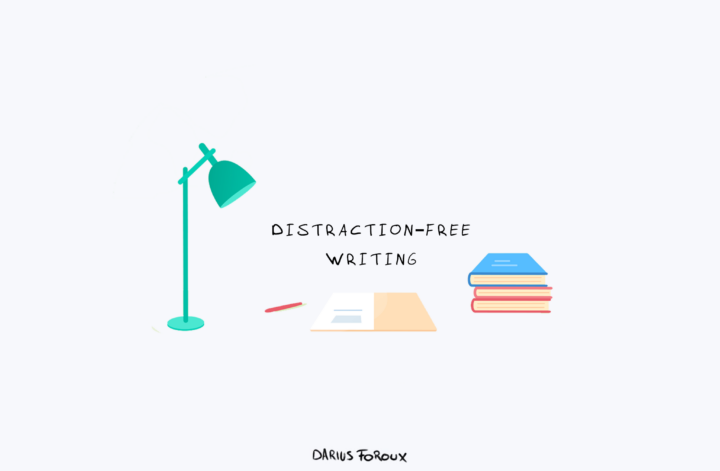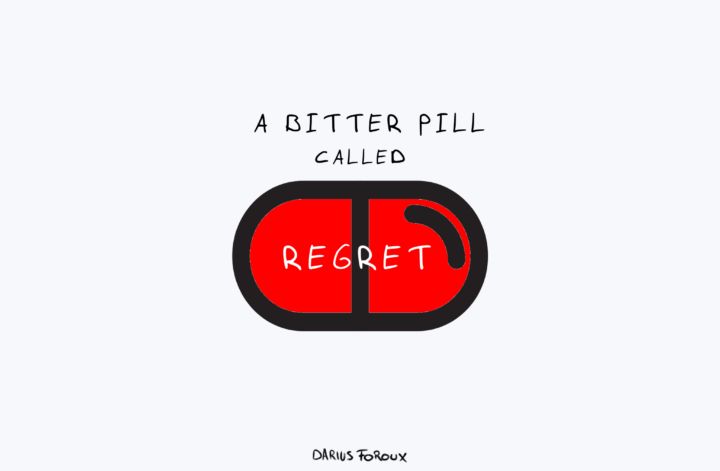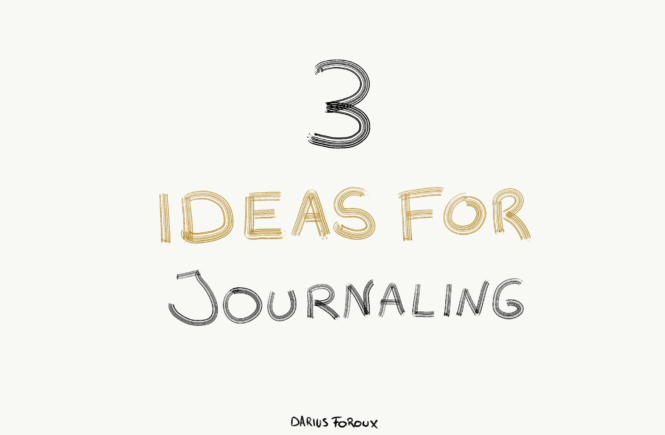The first time I realized that technology has a downside was in 2015. Like almost everybody else, I had a smartphone and thought it was improving my productivity.
By that time, I was already using a smartphone for several years. In the beginning, I only used my device when I needed it—to make calls, send messages, navigate with Google Maps, check the weather forecast, and answer emails when I was on the road.
But gradually, I went from “using my phone when I need it” to “using my phone all the time.”
And that, my friend, is dangerous. Why?
Well, if you don’t watch it, your phone will control you, instead of the other way around. Remember that the purpose of a smartphone, or technology in general, is to SERVE us—not to control our lives.
“How do I know technology is using me? And it’s no longer the other way around?”
Let’s me ask you a few questions:
- Do you grab your phone first thing in the morning?
- Do you “check” your social media apps multiple times a day?
- Do you sometimes think, “WHAT? Did I really spend 2 hours on Instagram?” (replace Instagram with your app/site of choice; YouTube, Facebook, Reddit, and so forth)
- Do you use your phone in the toilet?
- Do you listen to podcasts all day long?
- Do you get bored when you’re alone?
If you answered “yes” to any one of those questions, you’re getting used by technology way more than you think. And yes, that does sound disgusting. Nobody wants to be used.
“But shouldn’t technology make us more productive?”
Yes, it still makes us more productive. Even with its downsides, technology has made the world a better place. I’m not going to argue with that. But like all good things, there is a point of diminishing returns:

The point of diminishing returns is when technology starts to take over our lives. At that point, you’re no longer in control. And that’s when it has a negative impact on your life.
Everybody knows that drinking too much will turn you into an alcoholic. But nobody says the same thing about using technology.
It’s not helpful to check your phone 200 times a day. You’re not being productive when you’re watching random YouTube videos for 3 hours a day. And so forth.
“I’m getting tired of being used by technology. How do I stop it?”
Increasingly more people are aware of the problems that technology causes. At some point, we all get tired of being connected 24 hours a day. Our brains can’t handle that kind of pressure.
I recently read Digital Minimalism by Cal Newport. I also interviewed him on my podcast about removing digital distractions from our lives. If you want to change your behavior, it’s better to change your whole lifestyle at once. He writes:
“In my experience, gradually changing your habits one at a time doesn’t work well—the engineered attraction of the attention economy, combined with the friction of convenience, will diminish your inertia until you backslide toward where you started. I recommend instead a rapid transformation—something that occurs in a short period of time and is executed with enough conviction that the results are likely to stick. I call the particular rapid process I have in mind the digital declutter.”
I’ve experienced the same. When you make small changes, it’s easy to fall back to your old behavior. In the past, I’ve done something similar to Cal Newport’s digital declutter process.
And after reading his book, I did the same thing again. I got rid of ALL distracting technology and apps. I also stopped consuming content, except for reading books. One of the things that I regularly do is to block distracting sites on my computer when I work.
I use an app called SelfControl for Mac (FocusMe is the Windows alternative). But I only turned the app on when I was doing focused work like writing. But during the digital declutter, I turned on the app the whole day.
Within days, I felt more focused. The goal of the digital declutter process is to rebuild your digital life from scratch. And after three weeks, I felt more in control of my digital behavior again.
Digital declutter makes us more aware
Nobody is saying you should remove technology from your life forever. See this as starting with a clean slate. I regularly ask myself: What technology actually improves my life?
Let’s be honest. You can learn a lot from listening to podcasts. The same is true for many YouTube videos. Plus, having an email on your phone makes life a lot easier when you’re traveling since you don’t have to bring a laptop.
That’s why I still use technology—and appreciate that it’s here. The thing is that every time I go to such a digital declutter process, I’m more aware of how I USE technology.
The truth is that we’re all adapting to modern-day life. And because everything moves so fast, WE need to move fast as well. But if we don’t take the time to process everything and ask ourselves “What’s the purpose of this piece of technology?” We risk getting lost in a digital world that can eat you up alive.
So before you pop out your phone to move on to the next article, podcast, video, or social network, ask yourself: What’s the use?
Think more about the WHY behind everything. That’s the only way we can live a purposeful life.
P.S. Want to learn more about Digital Minimalism? Listen to my interview with Cal Newport:
iTunes · Spotify · Google Play Music · Stitcher · Overcast




